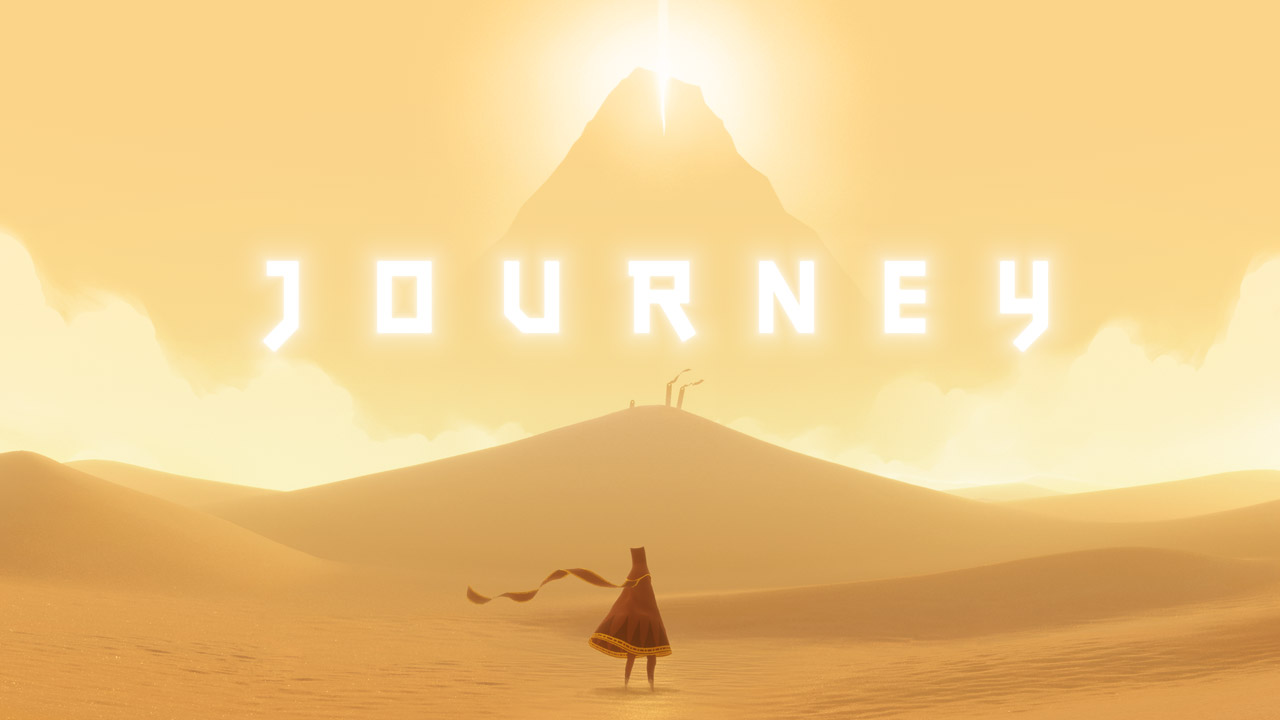By Katie Stobbart (The Cascade) – Email
Print Edition: March 18, 2015
Think instead of walking in the sand with a good friend and clasped hands.
The drive for economic success via commercial and industrial activity places a focus on the “product” of productivity. However, while we tend to view productivity strictly in terms of material gain, there are other modes and aims that are often, sadly, neglected.
We’ve concluded as a society that work cometh before all else, and while I’m aware of the merits of industry and ambition, I think we sometimes forget we’re far from hyper-efficient robots. Social activity, rest, pleasure, physical activity, and creative or spiritual pursuits are just as important, even if their products are less tangible.
The night before writing this, I visited friends, cracked open a bottle of chestnut ale, and, at their nudging, played a video game. The alternative was spending a few more hours in front of my laptop trying to force soon-due words into a blank document.
As a general rule, I dislike video games; I don’t find heavy action or combat alluring, and have often felt that Netflix is already a big enough drain on my time.
The game was called Journey. The cloaked avatars’ gender, ethnicity, and age are ambiguous. The music is peaceful. The desert is, at least in the beginning, calm and non-threatening. Much of the game is exploration-based, the goal being to lengthen your avatar’s beautiful scarf. There are no instructions; there are no words in the game at all, spoken or otherwise.
However, you can encounter other characters in the game (real people, strangers, playing simultaneously) and communicate in non-verbal ways: proximity, movement in lieu of precise gesturing, and “calling,” which emits a soft sound and a symbol above your avatar’s head. If you’re playing alone, you complete a solitary journey, but if you do encounter someone else, you can travel across the virtual landscape to the top of the mountain at the end of the game.
The avatar I encountered was clearly much more experienced, and took on a kind of mentorship role to help me along my journey, both in moments of peaceful exploration and the stressful moment where I almost died and lost most of my scarf.
What surprised me was the strong connection I developed to the other player over the course of the journey. You don’t find out even the username of the players you encounter until the game is over, but I later found out he had already earned the trophy for navigating the game with someone else. In other words, there was nothing to gain, per se, by helping me out. Near the end of the course, the other player stopped walking, and when I waited, traced a heart in the sand.
My friends suggested this kind of mentoring by more experienced players is a fairly normal feature of the game, and their interactions with other anonymous players have been friendly.
Afterward, I couldn’t stop thinking about it. It was such a fresh dose of optimism. Since, I’ve been thinking a lot about how rewarding the experience felt, even though I didn’t necessarily “win” anything and I didn’t get any work done. But it wasn’t restful, either. It felt mentally, socially, and even spiritually productive.
A lot of the work I do, whether it’s editing or essay-writing, is solitary. Even group work doesn’t produce the same kind of collaborative feeling I got from taking this virtual journey with an anonymous human.
I’ve gotten a similar feeling or sense from companionable silences and meandering conversations — just spending time and bonding with another person, and appreciating the result. Even though I’m not used to thinking of it this way, it’s a mode of productive activity: the product is a feeling of camaraderie, security, and connectedness. The experience feels meaningful, even moreso than some of the essays I’ve pulled together the night before deadline.
It sits in contrast with the feeling of being scheduled, controlled, and required to produce a specific result; in that mode of productivity, other people are viewed in light of how they help or hinder success, rather than in terms of their intrinsic value.
While there’s a tendency to value and prioritize one mode of productivity over the other, I’m a lot happier overall when the two are balanced. Too much couch-sitting becomes sloth, but too much so-called productivity becomes busywork or an ulcer. So sometimes, I’m going to put down my agenda with its sardine-tinned dates and deadlines in favour of a real date with another human, or a few hours with a canvas and tubes of paint, or tending the balcony garden I’ve been neglecting.
The trick is not to let either subsume the other, and to recognize when solitary work needs to be done and when you need to apply yourself to forging human connections or nurturing yourself.
If you leave all your breathing until summer, you’ll be blue in the face by June.



